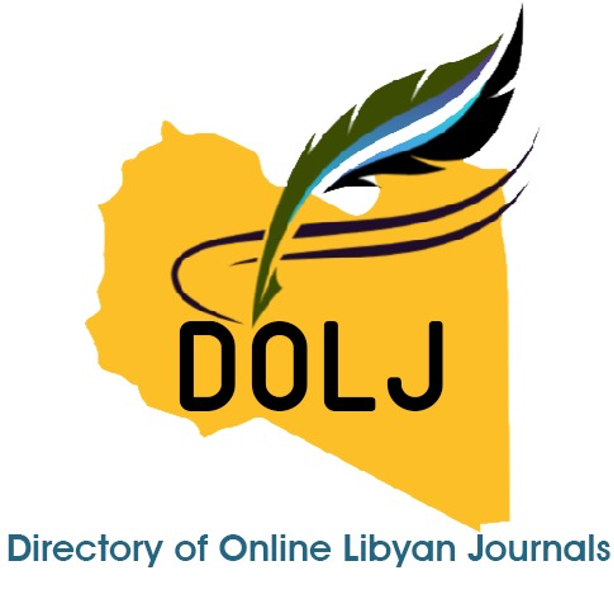Teacher Power and Gender in the Classroom Discourse of EFL Teacher Educators: Insights from a case study
DOI:
https://doi.org/10.36602/faj.2021.n18.04Keywords:
Classroom discourse, gender difference, Libyan EFL teacher education, student teachers, teacher power strategiesAbstract
How Teacher Power (TP) is exerted impacts affective learning and class participation. This mixed-method case-study research explores TP and the role of gender in a Libyan EFL Teacher Education context. Classroom discourse is analysed to determine the scale of Teacher Power Strategies (TPS) manipulated by both male and female educators with respect to Pro-social Teacher Power (PTP) and Anti-social Teacher Power (ATP). Six teacher educators (three males and three females) have been observed over 18 lectures involving 47 second-semester students. How the student teachers perceive and react to TP is explored through focus group interviews. The findings reveal interesting gender differences in the application of anti and pro-social power; the males’ TP ratio (2.3:1) is much greater than the females’ (1.5:1) who display far less ATP, e.g. command power, with zero criticism and zero coercion; PTP is distinguished by politeness and compliment; “command softening”, mitigated power and lowered anxiety. The students tolerate teachers’ command, interruption, questioning for pedagogic reasons; cases of unwarranted coercion and unconstructive criticism are met with silent protest. In conclusion, a balance of power is deemed essential in fostering students’ well-being, promoting a relaxed stress-free atmosphere, and facilitating active student participation.
Downloads
Published
How to Cite
Issue
Section
License
Copyright (c) 2021 رضا خالد المبروك، نسرين صلاح الدين الترهوني

This work is licensed under a Creative Commons Attribution 4.0 International License.
All works published in this journal are licensed under the Creative Commons Attribution 4.0 International License (CC BY 4.0), which permits use, sharing, adaptation, and redistribution for any purpose, including commercial ones, provided that proper credit is given to the original author and source, a link to the license is provided, and any changes made are indicated.

















